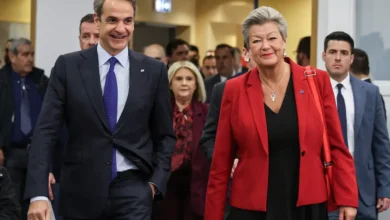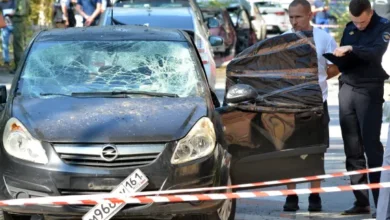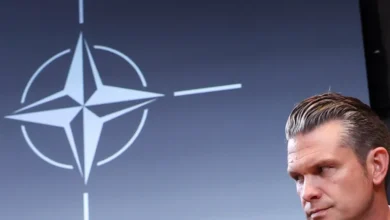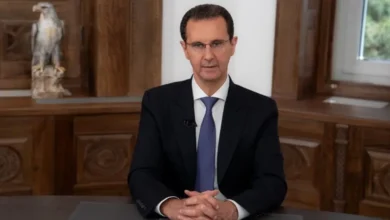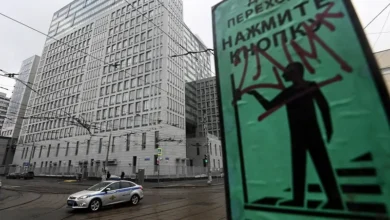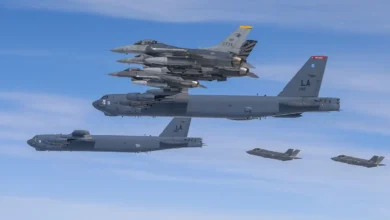UK, France, Germany to breach Iran nuclear deal over drone supplies to Russia: Report
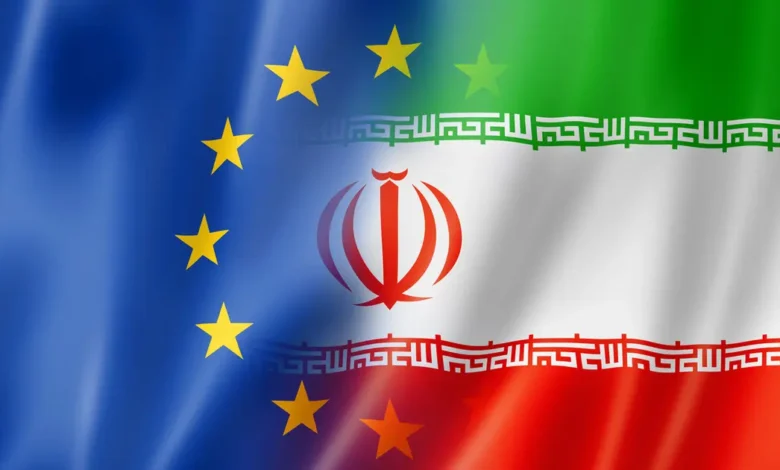
For the first time, the European signatories to the 2015 Iran nuclear deal, the UK, France, and Germany are preparing to breach the accord, by refusing to lift sanctions on Tehran’s missile usage in October as initially specified in the agreement, the Guardian reported on Sunday.
While Former President Donald Trump took the US out of the nuclear deal in 2018 and reinstated wide-ranging sanctions against Tehran’s regime; the UK, Germany and France remained within the deal, despite the fact that Iran responded to Washington’s action by violating the terms of the agreement, increasing its quantities of uranium and enriching it to extremely high levels.
This breach by European nations introduces uncertainties, as Tehran’s response is unpredictable, particularly considering their near capacity to produce weapons-grade enriched uranium.
European Union and UK diplomats justified this action by citing Iran’s violation of the deal (technically referred to as the JCPOA), including its drone sales to Russia for use in its war against Ukraine. Russia has been attacking vital infrastructure in Ukraine since October using drones supplied by Iran. The Iranian Shahed-136 drones are known as “kamikaze” UAVs which explode on impact. The Eruopean diplomats also cited the potential future export of Iran’s ballistic missiles to Russia.
In June, UN’s nuclear weapons inspection (IAEA) chief, Rafael Grossi stated that Iran had not implemented its nuclear-related commitments under the JCPOA since February 2021. And that its stockpile of enriched uranium has risen by over a quarter in three months. “The inventory of enriched uranium is growing at a very fast pace, and the activities are also growing,” Grossi said.
IAEA reported in June that Iran has accumulated 114.1 kilograms of 60-percent enriched uranium—more than quadruple the amount that the IAEA considers a “significant quantity” of highly enriched uranium needed to produce a single compact nuclear explosive. Iran’s total stockpile of enriched uranium is over 14 times the permitted limit of JCPOA. Iran could enrich one bomb’s worth of weapons-grade uranium in 12 days and eight bombs’ worth in three months given its current stockpile and number of operating advanced centrifuges, Washington-based think tank Institute of Study of War (ISW) said in an assessment.
In the original text of the 2015 nuclear deal, several “sunset clause” dates were outlined, signaling when the West should lift specific sanctions. However, the breadth of the agreement’s violations was not anticipated in 2015. Since an integral part of the deal was for Iran to cap enrichment at 3.67 percent, however, it has been enriching at 60 percent.
The European sanctions are scheduled to expire on October 18. However, those sanctions had banned Iran from developing nuclear-capable ballistic missiles and prohibited the buying, selling, or transferring of drones capable of flying beyond 300km to or from Iran without the UN’s authorization.


